Are All Sweeteners Equal? The Best & Worst Sugar Substitutes Revealed
Maintaining low blood sugar isn't for diabetics only, it's important for everyone to monitor. High blood sugar levels and insulin resistance significantly increase your risk of many health problems like heart disease, cancer, Alzheimers, metabolic syndrome, stroke, kidney and liver disease and more.
Ditching table sugar for better alternatives is a common first step, but with so many types of sugar replacers on the market, are they all equally good? Here's a list sweeteners ranked from best to worst with regards to their effects on your blood sugar levels and insulin response:
Best Sugar Substitutes
1. Stevia
Stevia is a natural sweetener that’s derived from the leaves of a South American shrub. Although, the products on the market are highly refined and less natural than eating the leaves themselves. Stevia is available in liquid, tablet and powder form and is about 100 times sweeter than table sugar with zero calories. A little goes a long way! Despite its perfect profile, many people dislike the taste of stevia. So, if you've never tried stevia before, rather buy a small batch to test it out with your taste buds. According the to FDA, it is safe to consume up to 4mg per kg of body weight.
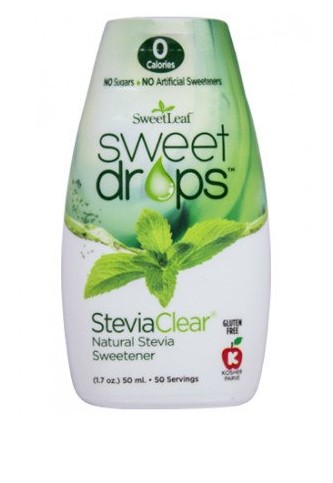 | 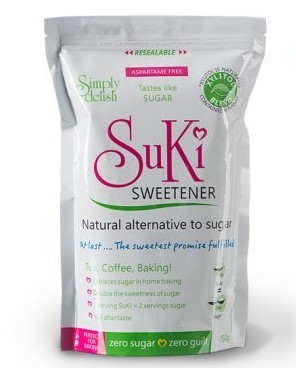 |
Sweet Leaf Stevia Drops 50ml | Suki Sweetener 750g (Stevia & Xylitol blend) |
2. Erythritol
Like xylitol, erythritol is also a naturally occurring sugar alcohol. Commercially, it is produced when a type of yeast ferments glucose from corn or wheat starch. Erythritol has significantly fewer calories than xylitol with only 0.2 calories per gram. Whereas xylitol contains 2.4 calories per gram. Erythritol is better tolerated by your digestive system than other sugar alcohols like xylitol and sorbitol, but it could still cause digestive issues in high doses (at about 1g per kg of body weight). Erythritol is absorbed and excreted unchanged and appears to have no insulin response
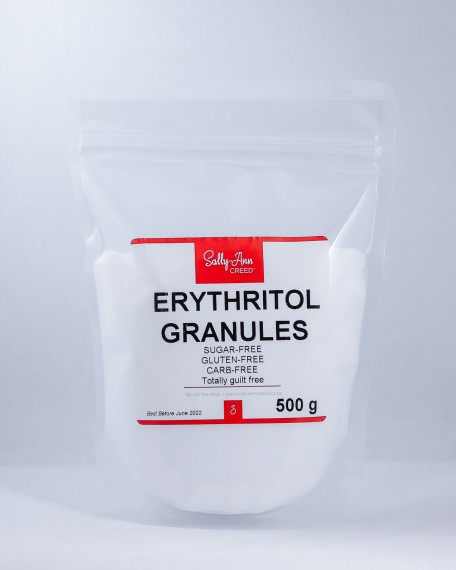 | 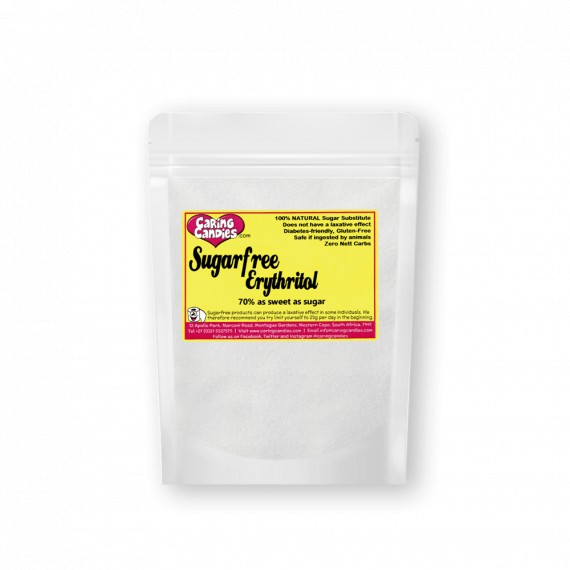 |
Sally Ann Creed Erythritol granules 500g | Caring Candies Erythritol 1.5kg R150 [BUY NOW] |
3. Xylitol
Xylitol is a sugar alcohol that is commonly produced from birch bark or corn cobs. It has a similar sweetness to table sugar, and can be substituted 1-to-1. Xylitol contains some carbohydrates and can therefore still have an effect on blood sugar, but only if consumed in large amounts. Another downside is that when consumed in high doses, xylitol can have a laxative effect. These effects are completely avoided if xylitol is consumed in moderation. Please note that xylitol is toxic to dogs, and should be kept far out of their reach. Xylitol ranks higher than artificial sweeteners, because studies suggest that it offers additional health benefits for our teeth, gut microbiome and bone density.
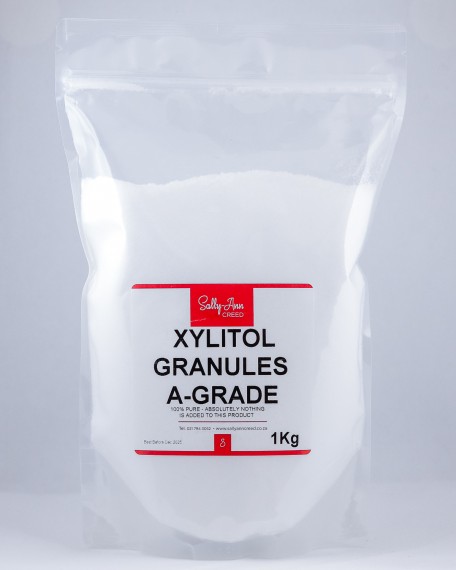 | 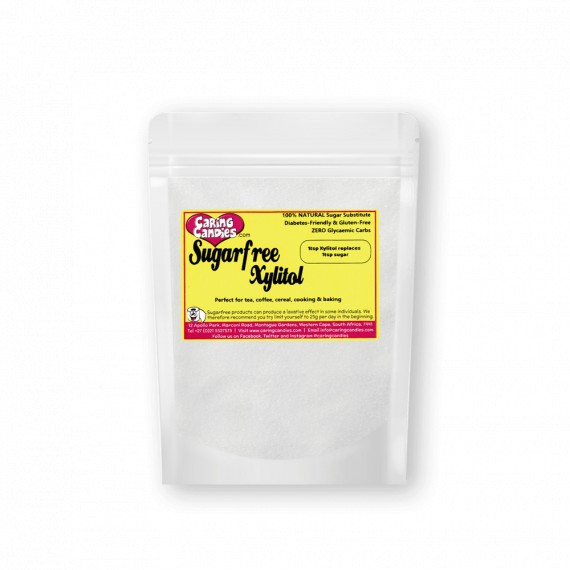 |
| Sally Ann Creed Xylitol granules 1kg R172 [BUY NOW] | Caring Candies Xylitol 1.5kg R200 [BUY NOW] |
Worst Sugar Substitutes
4. Artificial Sweeteners
Artificial sweeteners are actually not the worst sugar substitutes. They have been ranked at the bottom, because they should be taken with a pinch of salt. Common artificial sweeteners include aspartame, saccharin, acesulfame K, neotame and sucralose. These are considered safe in moderation and will have no effect on your blood sugar. They are non-nutritive and low-calorie sweeteners, which make them an excellent choice for maintaining low blood sugar, especially for diabetics.
However, some studies have suggested that despite not having a direct impact on insulin, long-term use may alter the gut microbiome, which causes heightened blood sugar levels as a secondary effect. As part of a balanced diet, artificial sweeteners are safe and certainly "less bad" than table sugar and other natural sugars. There have also been other controversial claims about the negative health effects of artificial sweeteners, but none of these claims have been effectively proven when studied, and more studies are required regarding their long-term effects.
5. Natural Sugars
Table sugar is known as sucrose. However, there are other types of natural sugars like fructose and lactose which will still increase your blood sugar levels, no matter how natural or healthy they seem. Avoid alternatives like honey, molasses, date sugar, coconut blossom sugar and maple syrup. These ingredients are often touted as healthy alternatives to table sugar, just because they have a tiny amount of other nutrients. However, your body will recognize these the same way it does table sugar. These ingredients will cause an insulin spike, some higher than others. Many "sugar-free" or "no added sugar" products will include these natural sugars instead - so always check the label.
Conclusion
Beware of the marketing hype around products that claim to have "no added sugar" or to be "sugar-free" or a "natural sugar substitute". Always read the ingredients, because the language used on labels can be misleading. Just because a product doesn't contain table sugar, doesn't mean that it won't affect your blood sugar levels or cause an insulin response. Finally, like table sugar, even the best of sweeteners should be consumed in moderation.
Shop King Online's Diabetic-friendly collection for more sugar-free alternatives to snacks, sweets, condiments and more.
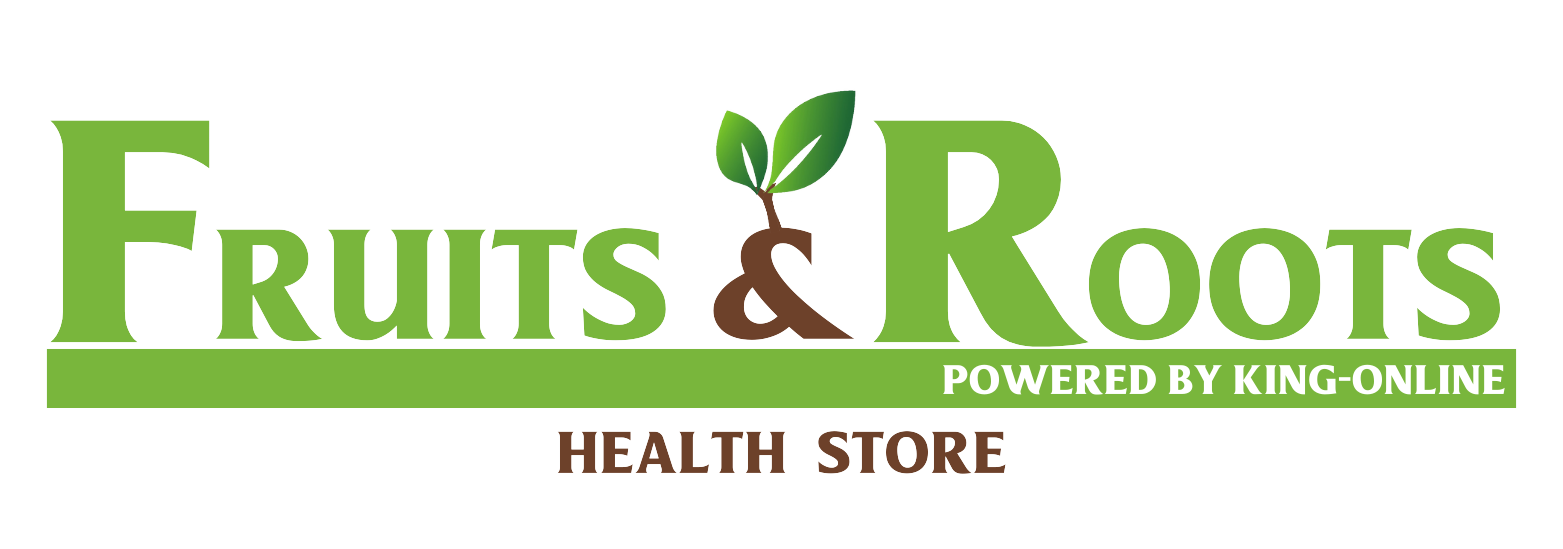
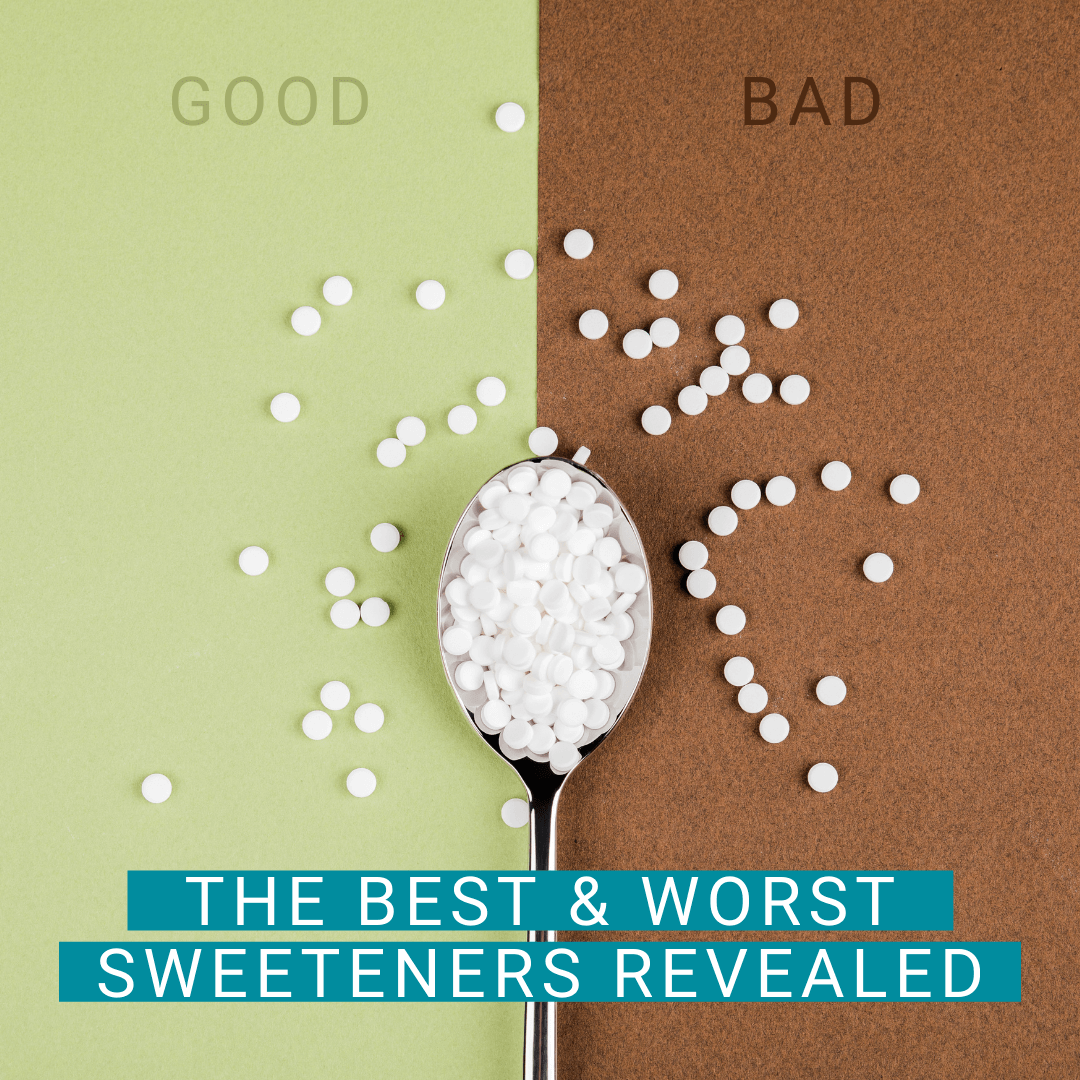
There are no comments for this article